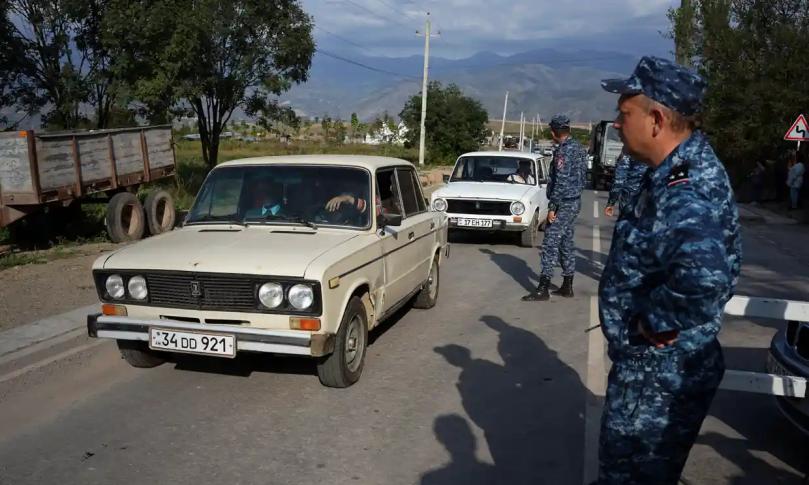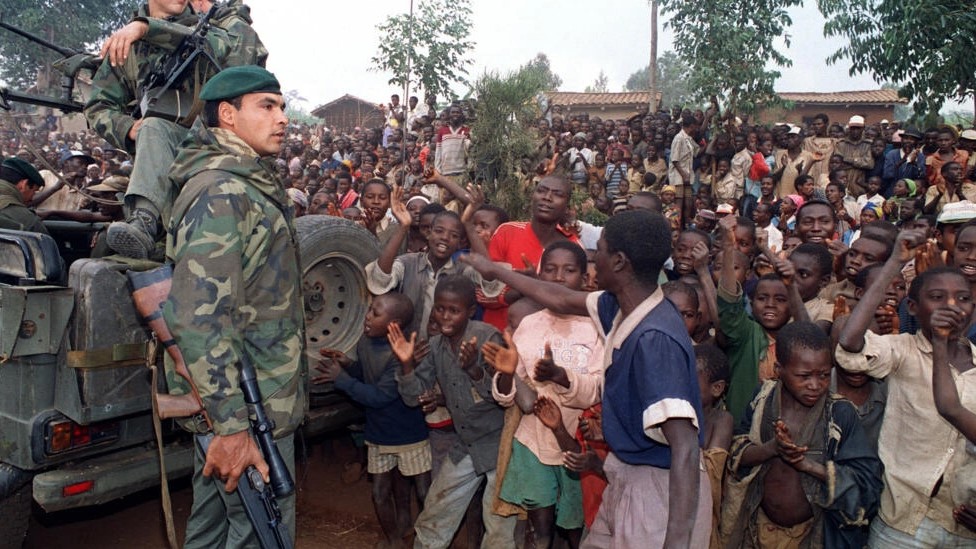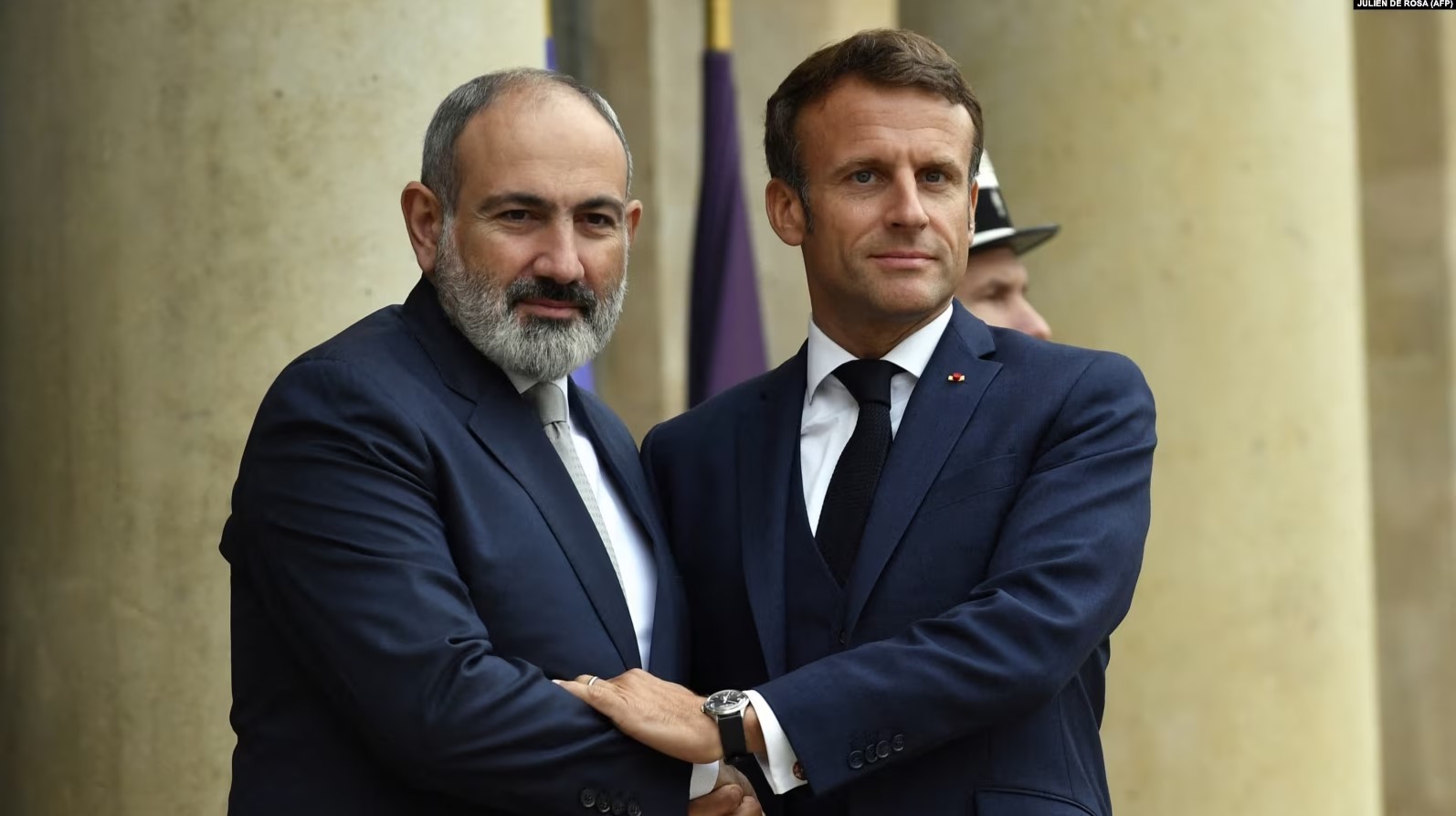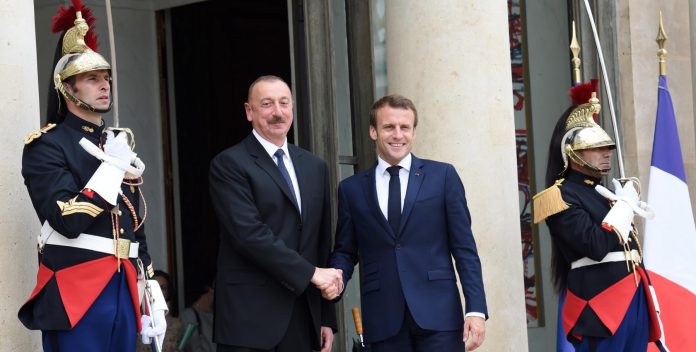What’s Happening
Following the passage of a French Senate resolution which called for sanctions against Azerbaijan (as well as a number of other actions), Azeri lawmakers have responded, calling for their own nation to sanction France. Notably, the Azeri parliament specifically calls upon the government to make moves to recognize Kanaky (the indigenous name for New Caledonia), Maohi Nui (the indigenous name for French Polynesia), and Corsica.
The French senate called for sanctions against Azerbaijan in condemnation of their military action in September of 2023, which saw them seize in whole the former Republic of Artsakh (Nagorno-Karabakh), a territory which had operated independently since 1991, but was internationally recognized as Azerbaijan. The Azeri seizure of the territory saw the exodus of almost the entirety of the region’s 120,000 Armenians, which the French senate called a “forced exodus”.

The statement released by the Milli Meclis, the Azeri parliament, begins by saying that the French government has in recent years “intensified their blatantly racist, Azerbaijanophobic and Islamophobic efforts”.
The entire statement may be read here.
“The Atrocities of France”
The lawmakers proceed to attack the history of French colonialism, stating the “genocidal crimes” of French colonial history are “indelible stains on French political history”. In particular, the statement goes into the history of French control of Algeria, accusing it of killing 1.5 million people during their control of Algeria from 1830-1962, among various other crimes.
Notably, it also accuses France of carrying out in 1994 “a military operation in Rwanda on the pretext of forming ‘a security zone’”. The statement claims this operation was carried out in support of the regime which carried out the genocide. This is in reference to an operation carried out by the French military in Rwanda close to the end of the Rwandan genocide , a genocide against the Tutsi which killed between 800,000-1 million Tutsi’s, moderate Hutu’s, and Twa. The operation was meant to establish a “safe zone” in South-Western Rwanda. Prior to the genocide, the French government had been a notable ally of the regime which, in large part, carried out the genocide.
When the safe zone was established in ‘Operation Turquoise’, it witnessed a massive flow of refugees, resulting in 2 million escaping primarily to Zaire (modern Democratic Republic of the Congo). However, along the way to this safe zone, Hutu militias set up a series of road checkpoints. Tutsi’s attempting to escape to this zone would sometimes be caught by these road checkpoints, and would be killed (as well as Hutu’s without ID’s. As per previous Belgian colonial policy, all Rwandan ID’s had the holders ethnicity listed).

This safe zone was set up as the Tutsi Rwandan Patriotic Front made significant gains in taking control of the country, and ending the genocide.
Furthermore, to the safe zone escaped a large amount of Interahamwe, Hutu militias also in large part responsible for the genocide. There are a number of cases documented where Interahamwe continued to operate within the ‘safe zone’ established by the French Military.
Many key figures in the Rwandan genocide escaped to Zaire this way. A number of these figures, and the significant amount of Interahamwe that escaped proceeded to form armed groups in Zaire, which is a key factor in what began the First Congo War, when Rwanda, Burundi, and Uganda invaded Zaire.
The operation has received a significant amount of criticism, and accusations which accuse it of attempting to prop up the rapidly falling Hutu government, and not taking significant action to halt the at the time ongoing genocide.
In modernity one of these groups, the Forces Democratiques de Liberation du Rwanda (FDLR) still continues to operate in the eastern DRC. In its founding the FDLR was comprised primarily of former genocidaires.
The Calls of the Azeri Parliament
While the statement in its entirety calls for much, it lists a few specific demands to the Azeri government at the end, which are listed below as written in the Azeri parliament statement:
- Sanctions to be imposed on France.
- Any asset(s) owned by French officials found in Azerbaijan to be frozen.
- All economic relations with France to be suspended.
- All the French companies including TotalEnergies to be removed from Azerbaijan.
- French companies to be prevented from taking part in any project implemented at the request of the Azerbaijani State.
- The Ministry of Foreign Affairs to be instructed to take steps towards the recognition of the independence of Kanaky, Maohi Nui and Corsica.
Presently, Azerbaijan has a growing relationship with the EU, particularly since the Russian invasion of Ukraine as Europe seeks oil partners outside of Russia. The French Senate’s resolution calls not only for sanctions against Azerbaijan, but also for a general re-examination of the EU’s policy towards Azerbaijan, and for their European partners to do the same. A widespread movement of sanctions against Azerbaijan, or the cessation of oil purchases, could spell a large economic loss for Azerbaijan’s oil-based economy.
Notably, TotalEnergies, the company which the Azeri parliament names specifically, is the 6th largest oil company in the world.
Further Complications
The recent tensions between Azerbaijan and France places another hurdle in front of the normalization of relations and a final peace deal between Armenia and Azerbaijan. Several different international entities, primarily Russia, the EU, France, and the US, have made several attempts to mediate this final peace deal. Both in 2022 and 2023 both sides had announced hopes to sign a final deal by the end of the year. This, of course, has not happened.

Escalating tensions between France and Azerbaijan is likely to see their role as a mediator become distinctly complicated. Furthermore, if the EU re-examines its view towards Azerbaijan at the request of the French senate, they will also likely come under fire from Azerbaijan, equally complicating the EU’s role as a moderator.
Similarly, recent tensions between Armenia and Russia, particularly over the Azeri seizure of Artsakh has again complicated Russia’s role as a potential mediator.
As time goes on, the reality of a true peace deal seems ever farther.
The French senate’s resolution may be read about in an article from this publication here.


